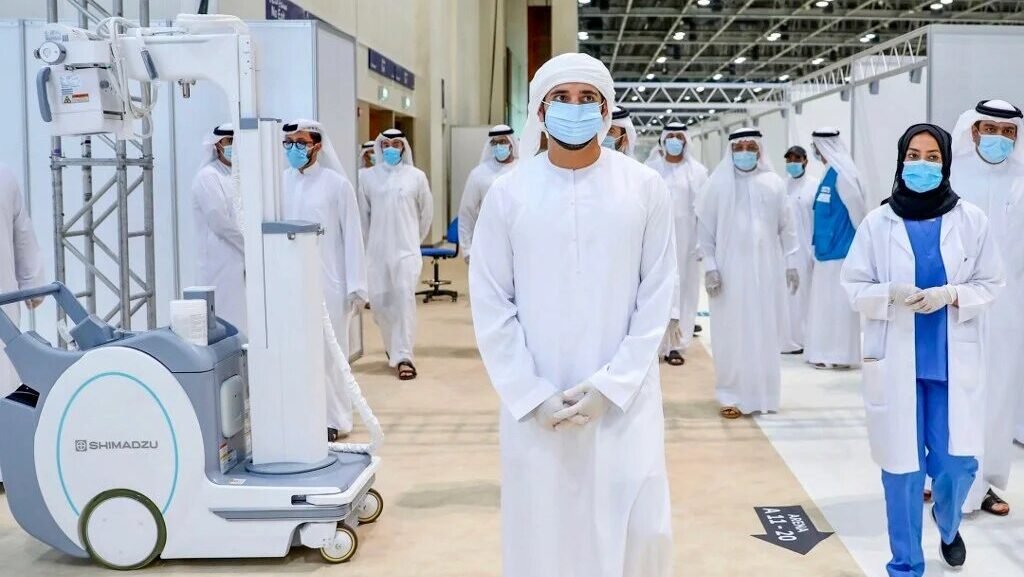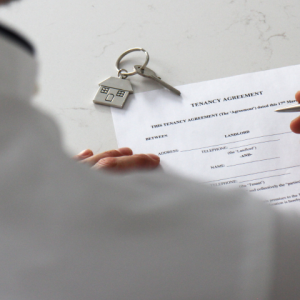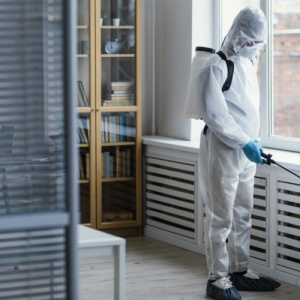The United Arab Emirates (UAE) has reported an increase in presumptive positive cases, raising concerns among residents and authorities. While the situation is being closely monitored, experts urge the public to remain calm and follow safety guidelines. The rise in cases has led to an increase in testing and precautionary measures across the country.
What is a Presumptive Positive Case?
A presumptive positive case means that a person has tested positive for a virus or infection using initial screening tests. However, the results still need confirmation from advanced laboratory testing. This term is commonly used when health officials want to take early precautions before final results are available. It allows authorities to act quickly by isolating individuals, conducting further tests, and preventing potential outbreaks.

Presumptive positive cases do not necessarily mean a confirmed outbreak, but they serve as an early warning system for health officials. The increased number of cases does not automatically indicate a crisis, but it does highlight the need for public vigilance and adherence to health guidelines.

Recent Rise in Cases
Health authorities in the UAE have detected a rise in presumptive positive cases over the past few weeks. While officials have not confirmed the exact number, they assure the public that measures are in place to control the spread. Testing and monitoring have been intensified to ensure early detection and response. The government has also been ramping up efforts to trace contacts of potential cases to prevent further transmission.
Dr. Ahmed Al Mansoori, a senior health official, stated, “We are taking all necessary steps to confirm these cases and prevent further spread. Our healthcare facilities are well-equipped to handle the situation. Public cooperation is key in helping us manage this effectively.”

The increase in cases is believed to be linked to international travel and large public gatherings. Authorities are urging people to take necessary precautions, especially those returning from overseas trips. Passengers arriving from high-risk areas are required to undergo mandatory testing and quarantine if necessary.
How the UAE is Responding

The UAE government has implemented several measures to manage the situation effectively. These include:
- Increased Testing: More screening centers have been set up to detect cases early. The government is working to make testing accessible to all residents, including in remote areas.
- Quarantine and Isolation: Suspected cases are being isolated to prevent transmission. People with mild symptoms are encouraged to self-isolate at home while under medical supervision.
- Public Awareness Campaigns: Authorities are educating people about symptoms, testing, and preventive measures through social media, television, and public advertisements.
- Enhanced Hygiene Measures: Businesses, public transport, and institutions have been instructed to enforce strict hygiene protocols. Regular sanitization of public places is being carried out to minimize the risk of infection.
- Travel Restrictions and Screening: Travelers from affected areas are subject to additional screening upon arrival. Some entry restrictions may be imposed based on evolving conditions.
Residents are advised to follow hygiene protocols, wear masks in crowded areas, and seek medical help if they experience symptoms. The government has assured that hospitals and healthcare centers are fully prepared to handle any potential surge in cases.
Should You Be Worried?
While the rise in cases is concerning, health experts emphasize that the situation is under control. They urge people not to panic and instead focus on preventive measures. The healthcare system in the UAE is among the best in the region, and authorities are taking proactive steps to ensure public safety.
Dr. Fatima Al Khaleej, an infectious disease specialist, explained, “Presumptive positive cases are not final diagnoses. Many of them turn out to be negative after further testing. The key is to remain cautious but not fearful. Being informed and taking preventive measures is the best approach.”
The public is also reminded to avoid spreading misinformation. False or misleading information can cause unnecessary panic and confusion. Residents should rely only on updates from official government sources and health authorities.
Steps You Can Take
To protect yourself and your family, consider these simple steps:
- Wash your hands regularly with soap and water for at least 20 seconds.
- Use hand sanitizers when soap and water are not available.
- Avoid close contact with sick individuals and maintain social distancing where necessary.
- Wear a mask in crowded places, especially in public transport and indoor spaces.
- Stay updated on health advisories from official sources such as the Ministry of Health and Prevention.
- Get vaccinated if recommended by health authorities and keep up with booster shots if applicable.
- If you experience symptoms such as fever, cough, or difficulty breathing, seek medical attention immediately and avoid contact with others.
Looking Ahead
Authorities continue to monitor the situation and will update the public as new information emerges. The UAE’s healthcare system is well-prepared, and residents are encouraged to trust official sources for updates. Ongoing research and data collection will help in understanding the situation better and guiding necessary policy changes.
In the coming weeks, health officials will continue to assess the situation and adapt measures accordingly. Any major developments, including confirmed cases or new restrictions, will be communicated promptly. For now, staying informed and following safety guidelines are the best ways to stay safe.
Also read: UAE’s Iceland Water Park: A Hidden Paradise You Must Visit!












